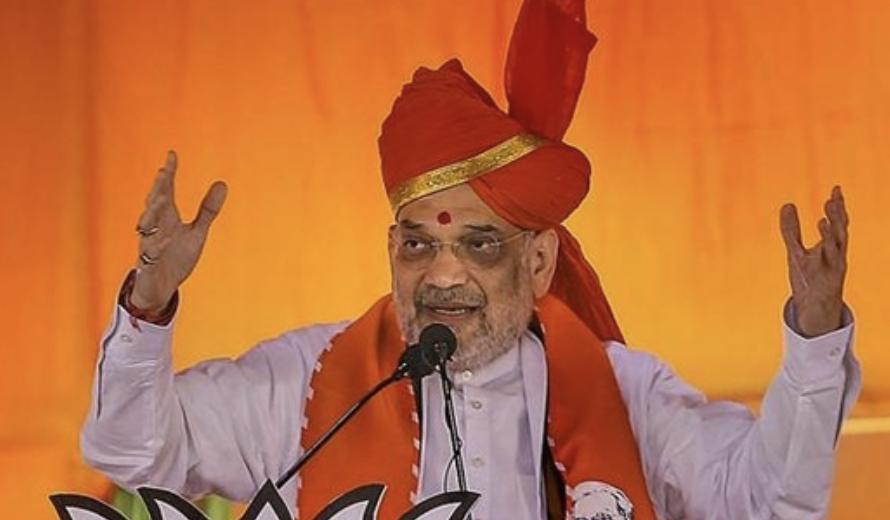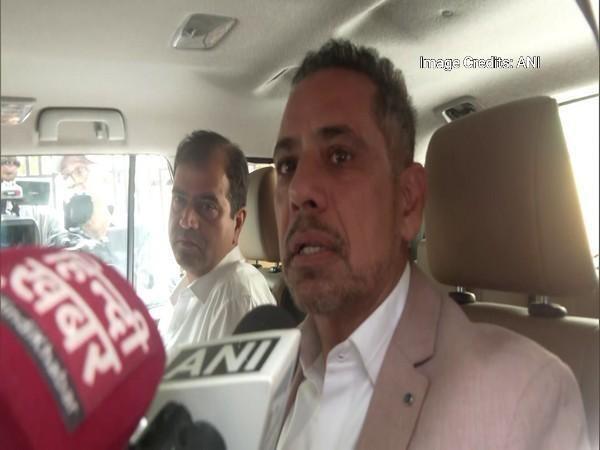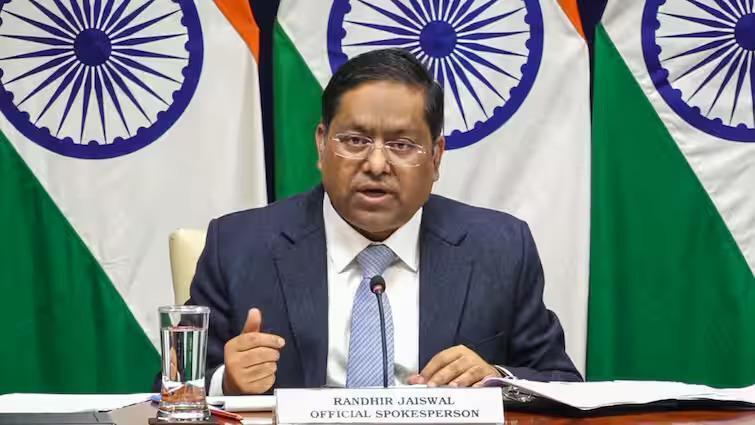
3 More Groups Have Disassociated from Hurriyat in J&K: Amit Shah
Union Home Minister Amit Shah, who is currently on a visit to Jammu and Kashmir, made a significant announcement recently that has sent shockwaves through the region. Shah revealed that three more organizations have disassociated themselves from the Hurriyat and have discarded separatism. These organizations are the Jammu Kashmir Islamic Political Party, Jammu and Kashmir Muslim Democratic League, and Kashmir Freedom Front.
Shah’s statement comes as a major blow to the Hurriyat, which has long been a vocal advocate for Kashmiri separatism. The Hurriyat has been a thorn in the side of the Indian government for years, with its leaders frequently calling for independence from India and condemning the country’s actions in the region.
However, with the latest developments, it appears that the Hurriyat’s influence is waning. Shah’s announcement is seen as a major victory for the Indian government, which has been working tirelessly to integrate Kashmir with the rest of the country.
In a tweet, Shah said, “Modi Ji’s vision for a united and powerful Bharat stands even more bolstered today.” He went on to congratulate the three organizations for taking the “right decision” and “embracing the path of peace and unity.”
The significance of Shah’s announcement cannot be overstated. For years, the Hurriyat has been able to wield significant influence in Kashmir, using its powerful rhetoric to whip up emotions and create chaos. However, with the disassociation of these three organizations, the Hurriyat’s grip on the region is beginning to loosen.
The Jammu Kashmir Islamic Political Party, Jammu and Kashmir Muslim Democratic League, and Kashmir Freedom Front are all important players in the Kashmiri separatist movement. The Jammu Kashmir Islamic Political Party, in particular, has been a key player in the movement, with its leaders frequently calling for independence from India.
The decision of these three organizations to disassociate themselves from the Hurriyat is seen as a major blow to the separatist movement. It is a significant indication that the tide is turning in favor of the Indian government, and that the people of Kashmir are beginning to see the benefits of integration with the rest of the country.
So, what does this development mean for the future of Kashmir? It is clear that the Indian government is committed to integrating the region with the rest of the country, and that it will stop at nothing to achieve this goal. The disassociation of these three organizations is a major step in the right direction, and it is likely to have significant implications for the separatist movement.
It is also worth noting that the Indian government has taken significant steps in recent years to improve the lives of the people of Kashmir. The government has invested heavily in infrastructure development, including the construction of new roads, hospitals, and schools. It has also taken steps to promote tourism in the region, with the aim of creating jobs and stimulating the local economy.
Despite these efforts, the separatist movement has continued to gain momentum in recent years. However, with the disassociation of these three organizations, it appears that the tide is turning in favor of the Indian government. It is likely that the separatist movement will continue to lose steam in the coming months and years, as the people of Kashmir begin to see the benefits of integration with the rest of the country.
In conclusion, the announcement by Union Home Minister Amit Shah that three more organizations have disassociated themselves from the Hurriyat and have discarded separatism is a significant development in the ongoing saga of Kashmir. It is a major blow to the separatist movement, and it is likely to have significant implications for the future of the region.
The Indian government has made significant progress in recent years in its efforts to integrate Kashmir with the rest of the country. The disassociation of these three organizations is a significant step in the right direction, and it is likely to have a profound impact on the separatist movement.
As the situation in Kashmir continues to evolve, it will be interesting to see how the separatist movement responds to these developments. Will it continue to gain momentum, or will it begin to lose steam as the people of Kashmir begin to see the benefits of integration with the rest of the country?
Only time will tell, but one thing is clear: the Indian government is committed to integrating Kashmir with the rest of the country, and it will stop at nothing to achieve this goal.


